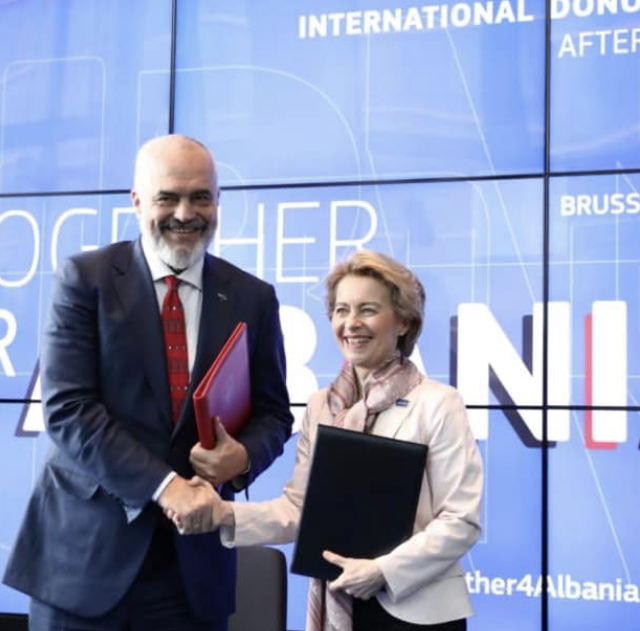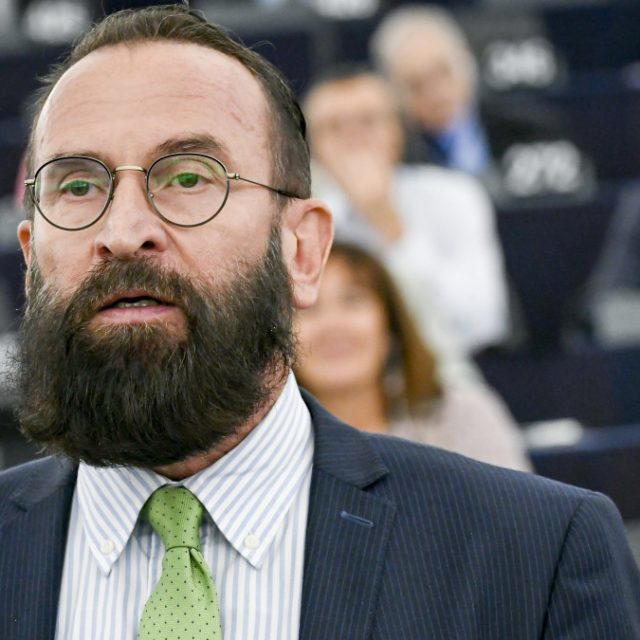Photo by krakenimages on Unsplash
The European Parliament has approved the creation of a new EU body to help strengthen integrity, transparency, and accountability in European decision-making.
The agreement was reached between Parliament, the Council, the Commission, the Court of Justice, the European Central Bank, the European Court of Auditors, the European Economic and Social Committee, and the European Committee of the Regions.
It provides for the joint creation of a new Body for Ethical Standards. This Body will develop, update, and interpret common minimum standards for ethical conduct, and publish reports on how these standards have been reflected in each signatory’s internal rules.
The institutions participating in the Body will be represented by one senior member and the position of Chair of the Body will rotate every year between the institutions.
Five independent experts will support its work and be available for consultation by the participating institutions and bodies about standardised written declarations, including declarations of interest.
Rapporteur Daniel Freund (Greens/EFA, DE) commented: “Without the tireless efforts of the European Parliament pushing for more transparency, we would not have come this far. The fact that the new body can also deal specifically with individual cases is an enormous negotiating success. Today, we are creating more transparency, laying the foundation for greater citizen confidence in European democracy.”
Freund added, “The stories of lobbyists drafting vital laws, Commissioners walking through the revolving door and corrupt politicians hiding bags of cash under the bed must end. The new EU Ethics Body is a groundbreaking first step to better enforce rules for politicians, to fight corruption, and to protect the integrity of EU institutions.”
“The inclusion of checks on individual cases by independent experts is essential to guarantee that this body will be effective. It’s quite clear that the institutions’ reliance on self-regulation has failed to stop cases of corruption or the misuse of power. Independent experts will help ensure that the public interest counts more than the money behind big lobbying firms and large corporations.”
“It is very welcome that we will finally have an ethics body to improve the accountability of the EU institutions, which we have long fought for. However, we will not stop fighting to improve the Ethics Body, to give it more teeth and more scope in order to make the EU institutions a beacon of integrity and accountability.”
But the EPP group has attacked the move.
Sven Simon, the EPP Group’s Spokesman in the Parliament’s Constitutional Affairs Committee, said, “The proposed body’s right to investigate and publish individual cases could lead to innocent Members of the European Parliament being publicly exposed and condemned by the court of public opinion even in cases where there has been no wrongdoing.”
“The Council is involved in setting the ethical rules but refuses to be bound by them, creating an unacceptable institutional imbalance. Furthermore, placing the secretariat under the authority of the Commission is highly problematic, as it does not respect the separation of powers. Finally, the so-called independent experts in the ‘Ethics Body’ are to be re-elected after three years. This compromises their independence,” Simon continues.




